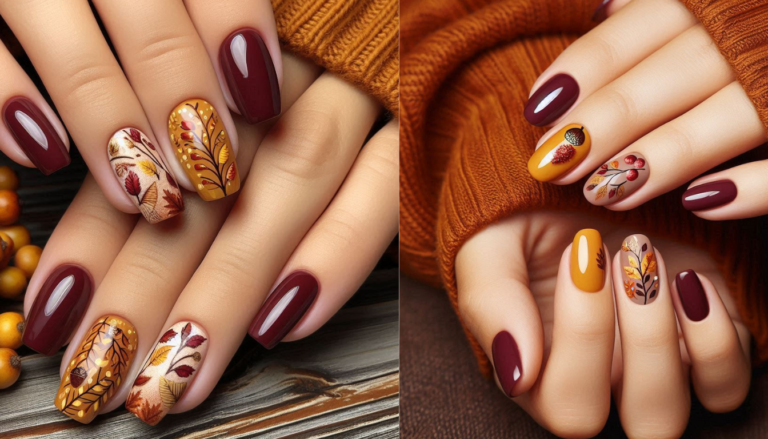Whatutalkingboutwillis com: Understanding Its Significance in Online Culture

The website “WhatUTalkingBoutWillis” offers a unique blend of entertainment, travel insights, and personal reflections. The blog is created by Becky Knight, a Disney fanatic, who shares her thoughts on various topics, including DIY hacks and product reviews. Readers can expect a fun and engaging space where pop culture meets everyday life, allowing them to connect with relatable content.
Fans of classic TV will recognize the phrase “What’chu Talkin’ Bout Willis?” from the iconic show Diff’rent Strokes. This phrase has since evolved into a cultural reference, giving the blog its quirky name. The platform not only celebrates nostalgia but also provides current news and trends, making it relevant to a broad audience interested in both past and present entertainment.
With a community that enjoys sharing experiences and ideas, What U Talking Bout Willis encourages interaction through comments and social media. The blog keeps readers updated with fun content, making it a go-to destination for those looking to enjoy entertainment in various forms.
Key Takeaways
- The blog blends humor with insights into entertainment and travel.
- It references a popular cultural phrase from a classic TV show.
- The community aspect invites readers to engage and share their experiences.
Origin and Meaning of ‘What’chu Talkin’ ‘Bout Willis?
The phrase “What’chu talkin‘ ’bout, Willis?” emerged from the popular TV show “Diff’rent Strokes.” It became a defining catchphrase, often used to express confusion or disbelief. This phrase not only reflects the character’s humorous tone but also captures key cultural elements of the era.
Historical Context
“What’chu talkin’ ’bout, Willis?” originated from the 1978 sitcom “Diff’rent Strokes,” which starred Gary Coleman as Arnold Jackson. The show focused on the lives of two African American boys living with a wealthy white man.
The phrase was often directed at Arnold’s brother, Willis, played by Todd Bridges. Its debut highlighted the comedic chemistry between the characters, quickly leading to its popularity. Viewers connected with the simplicity and humor of Arnold’s innocent confusion, making it a staple of 1970s and 1980s television.
Cultural Impact
The catchphrase spread beyond the show, becoming part of American pop culture. It is now frequently referenced in different forms of media, including movies, music, and social media.
The phrase also represents a moment in television history when shows began addressing social issues while providing entertainment. Its humor and relatability helped it resonate with many audiences. Over the years, “What’chu talkin’ ’bout, Willis?” has been parodied and quoted, cementing its status as an iconic line that continues to evoke nostalgia.
Representation in Media and Memes
Media representation shapes public perception and understanding. Memes derived from television and film contribute to cultural discourse, often amplifying catchphrases and key moments that resonate with audiences.
Television and Film References
Television shows like Different Strokes, which aired from 1978 to 1986, introduced iconic phrases such as “What you talkin’ bout, Willis?” This catchphrase has transcended its original context. It symbolizes surprise or confusion, finding a new life online.
Moreover, the use of such catchphrases in memes creates nostalgia. It connects different generations, allowing younger audiences to engage with older media. Recognizable quotes or visuals from beloved shows evoke shared experiences and laughter. This connection leads to broader discussions about their meanings and relevance today.
Social Media and Virality
Social media has enhanced the spread of phrases and images from television and film. Platforms like Instagram and TikTok enable quick sharing of memes that feature memorable quotes. Users often remix and reinterpret these catchphrases, ensuring their relevance in current conversations.
This viral nature allows for creativity. Fans can create their unique takes on familiar content, leading to diverse interpretations. As memes circulate, they spark discussion and foster a sense of belonging among those who understand the references.
In doing so, memes not only entertain but also serve as a lens for examining cultural trends and sentiments. They remain a powerful tool for commentary in today’s digital landscape.






